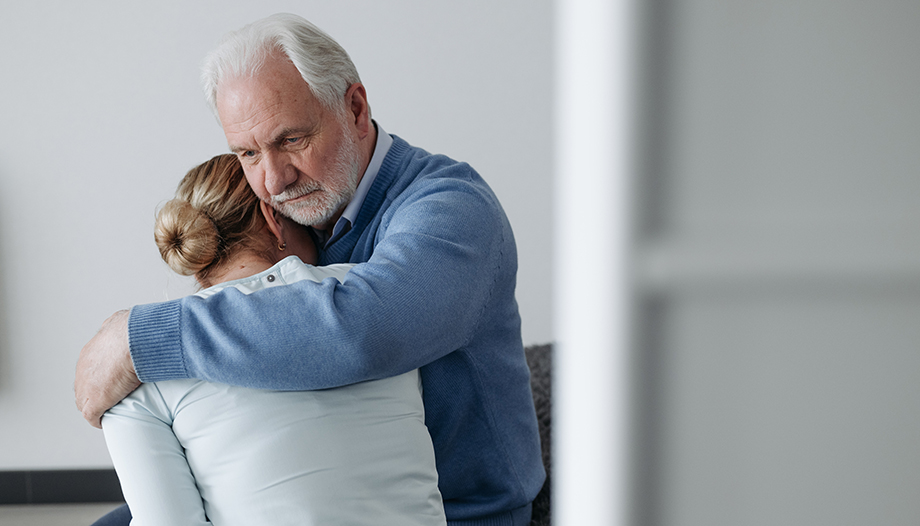From an early age we were taught that you have to grow in order to ascend and gain independence, but they hid from us a fundamental part of the story: that at some point you have to descend again and start depending on others.
This problem manifests itself in many older people to whom the years suddenly come upon them, as if they had never thought it could happen to them. They do not accept their physical and sensory limitations, they do not admit that they are no longer in charge, they become moody, stingy... There are extreme cases that end in depression and even suicide.
You don't have to grow old to go through this process. I have seen similar cases in young people faced with an illness, a family or economic problem. It was not in their plans to ask for help!
However much our world promotes an individualistic, competitive way of life, in which we have to be stronger than others, more beautiful, richer, more intelligent or more astute; the truth is that, as the wise Qoheleth reminds us, all this is vanity! If we are not capable of recognizing ourselves as vulnerable beings, in need of others throughout all the stages of our lives, it will be difficult for us to be happy, because we will be working on a false model of reality that makes the ideal of existence unattainable. The problem of the human being is unsolvable if we do not include his intrinsic vulnerability in the equation.
Our species is part of a community, a people in the most endearing sense of the term: a family of families, a network of mutual support and help. In statements to the newspaper El País on the occasion of the recent discovery of what appears to be the first surgical intervention in history (an amputation 31,000 years ago), the paleoanthropologist María Martinón-Torres stated that "in our species, the survival instinct encompasses the group, not only the individual, and includes premeditated, proactive and organized acts, such as the institutionalization of care". The Spanish scientist recalled on the occasion of the presentation of her book "Homo imperfectus" (Destino) that "our strength is not individual, it is always as a group. This allows us to embrace, compensate for and protect individual weaknesses or fragilities. The weakest is not the one who is physically fragile or sick, but the one who is alone".
In the face of this anthropological evidence, loneliness is becoming a "public health problem" in the Western world, as recognized by a study commissioned by the European Commission. One in four EU citizens reported feeling lonely during the first months of the pandemic. In the United States, loneliness has been described by the authorities as an "epidemic" and in other countries, such as Japan and the United Kingdom, they have even had to create loneliness ministries to try to alleviate the terrible effects on people of the lack of family or social support.
It is striking to see how, despite this evidence, the programmed destruction of the family continues its course, encouraged by delirious ideologies, although very well supported by the economic powers. They will know.
Meanwhile, the Gospel has many answers to this problem. In the first place, Jesus, the perfect man, teaches us to be truly human, and that means feeling vulnerable, not believing we are invincible. He, who is God, emptied himself of his rank to become perfect man and, as such, he needed family, community, people. He needed others to nurse him and change his diapers in Bethlehem, to protect him in Egypt, to help him feel loved, to help him grow and be formed in Nazareth, to leave everything in Galilee to follow him in his mission, to wrap him and take care of him in Bethany, to pray for him in Gethsemane, to accompany him on Golgotha....
Of course He also helped many and as God He saved all mankind, but as man He asked for help and let Himself be helped! He invited us to be like children. And that means feeling vulnerable, discovering that we need help, asking for it and letting ourselves be helped. It is the best recipe for being tired and overwhelmed, and for being authentic men and women.
Journalist. Graduate in Communication Sciences and Bachelor in Religious Sciences. He works in the Diocesan Delegation of Media in Malaga. His numerous "threads" on Twitter about faith and daily life have a great popularity.









